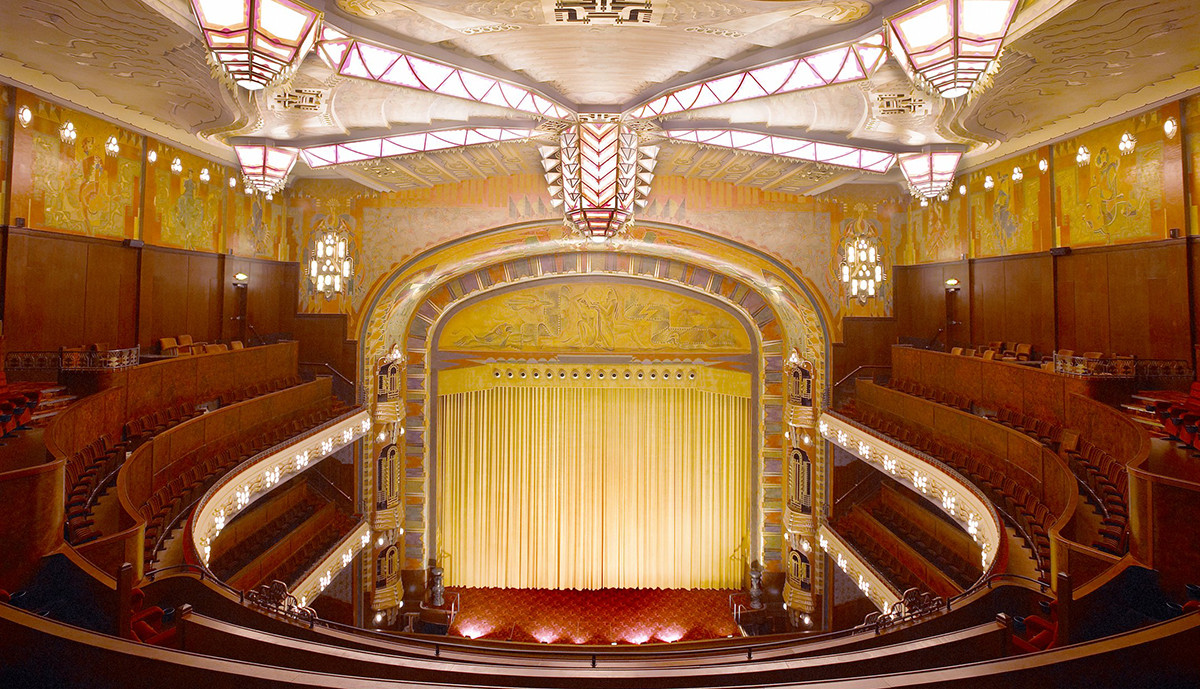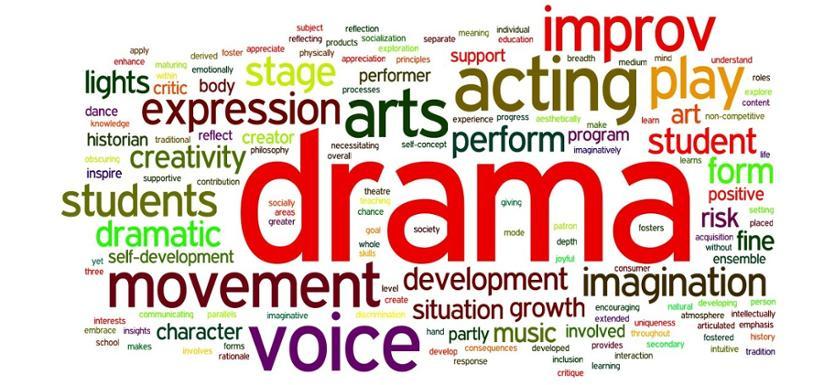The elements of theatre are the characters and the text of the play. These components work together to create the storyline, which is brought to life through actors and musicians. Other elements include scenery, costumes, lighting, and sound. The director also contributes to the success of the play by directing the actors and setting the stage. The text is a vital part of the theatrical experience, and it helps the director create a dramatic atmosphere that appeals to audiences.
An actor is the main character of a play
He or she must be able to convey the action to the audience. This is done through the use of physical and vocal movements. The actor can be stage left, stage right, or even upstage, depending on the play. There are various levels of space to consider, including implied space and voice in over. In addition to acting, the actors can also use puppets to develop a play.
Aside from the actors, the audience is another crucial element of the play. During the performance, the audience reacts to the mood created by the play. The audience’s reaction to the dramatic action is often reflected in the way the actors express themselves. If the audience feels a certain emotion, it is possible to portray that emotion through a variety of stylistic elements. But what sets a good dramatic performance apart?

The orchestra and the chorus are essential components of the play
The orchestra is the central element of a play, but it isn’t the only part of a play. For instance, an ancient Greek theater had a 60-foot-diameter stage, which is raised up several steps above the audience. The actors also enter and exit the theater by way of parodoi. In addition to the orchestra, the audience walked through the parodoi, which are the paths that actors used to enter and exit the theatre.
The elements of theatre include the cast, the plot, the scenery, and the music. The orchestra is the centerpiece of the play. The cast plays the major roles in the play. While the actors and the chorus are essential, the other elements are important as well. The actor and the audience have to be fully engaged to enjoy the show. The audience needs to be entertained, which is why the drama and the musical are equally important.
Thematically, a play is a story that is presented in an order that the audience can follow. This type of play may be categorized into two or more distinct sections: a play with a plot and a scene. The plot and the scenery are both important aspects of a play. The plot is the main focus of the play. The actors, however, are the characters. They are the heart of the play.

The language of a play is the fuel that drives the action. The characters speak their mind and express their emotions with words. Similarly, the language of a play can create humour and subtext. All of these elements of theatre are interconnected and have the ability to enhance the audience’s experience of the play. When a plot is told well, it will be a good story. Aristotle defined spectacle as the visual elements of a play.
Scenography is the set of a play
The director has the job of coordinating the actors, making sure they perform their parts perfectly. The director is usually an actor, and he or she will coordinate the actors and scenery. The director also has the responsibility of deciding how the actors will move throughout the play. If the plot is complex, the stage may contain large props that are not needed. A play will be long if there is no audience.
Dramatic moments are important for a play’s story. The use of different elements in a play will enhance its mood. In a play, it is essential to include all of the elements in order for the audience to enjoy the performance. While some elements of a play are purely visual, others have a more profound meaning. In a drama, all of these elements work together to make a story memorable.